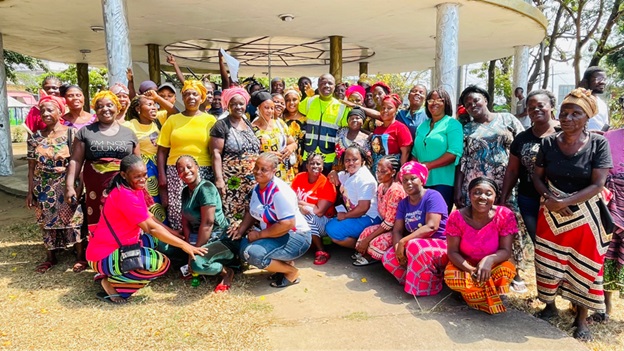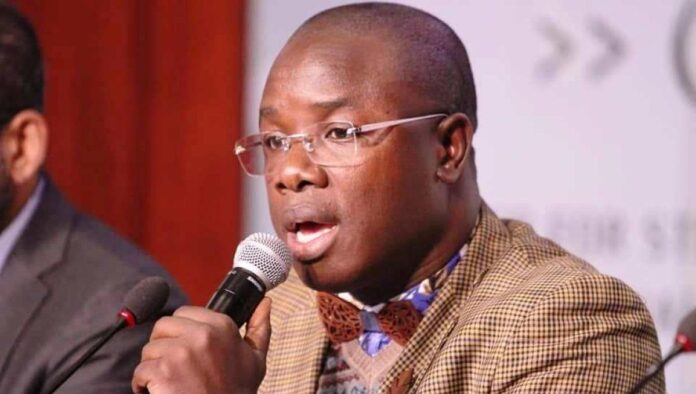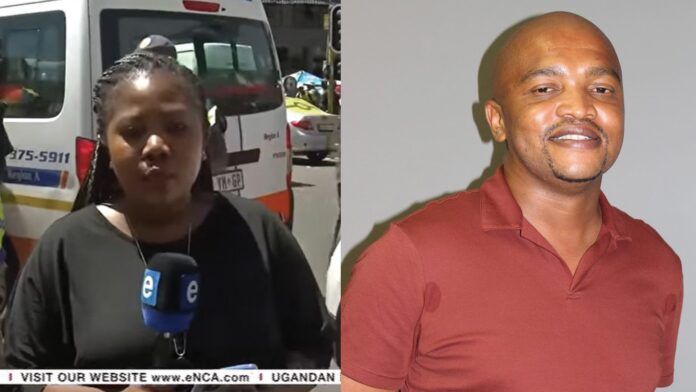The Monrovia Grow Green (MonGrow Green) project implemented by the City Government of Monrovia disbursed business support grants to fifty (50) victims of climate change-related disasters including flooding and erosion. The beneficiaries were selected from the coastal communities of New Kru Town and West Point given their position as the hardest hit areas. The funds were disbursed following training in business management and climate mitigation and adaptation. The project is supported by the Mayors Migration Council through the Global Cities Funds #GlobalCitiesFunds.
A press release quoting Monrovia City Mayor Jefferson Tamba Koijee said disbursement of the funds marked an important step in the City Government’s effort to ensure that everyone is included in development initiatives, especially in critical situations like being made homeless by flooding and erosion -two climate change-related factors that are taking the world by storm.
“Selecting the Borough of New Kru Town and the Township of West Point did not happen on the spur of the moment but on the basis of a thorough assessment that these two areas are more vulnerable to disasters resulting from climate change,” the City Mayor of Monrovia Koijee stated.
He told the fifty (50) internally displaced persons who received the grant that the project is the start of what would become a great success if everyone vetted and approved to benefit from it make maximum use of the funds for their own benefit.
According to Mayor Koijee, the Monrovia Grow Green project would potentially increase the number of beneficiaries if the present cohort produces success stories. “We know you have many problems to solve that require money but use this grant to start a small business. All we are doing is to help you so that you can help yourself under the present circumstances. Simply put, we have come to identify with all of you,” he added.
The Monrovia City Mayor acknowledged the support of the Mayors Migration Council (MMC) which is supporting the City Government of Monrovia through the Global Cities Funds.
The Project Manager, Mohammed Foboi, also explained that an amount of US$150 was targeted for each victim under the project.
“This is a pilot project and the way you deal with it will make more happen. We are dealing with 50 persons; 25 each from West Point and New Kru Town. An amount of US$$150.00 will be given to each of the victims,” Mr. Foboi told the gathering amid cheers.
“I tell the Almighty God thank you for this support and the George Manneh Weah government thank you for coming to our aid. I built my house but the sea come and carried my house – a four-bedroom house. Now we are squatting in someone’s place, but with this money, my children will be able to sell and we will get food to eat,” explained 70-year-old Olivia Negba, a beneficiary from the Township of West Point.
For Mama Swaray, she sold potato leaves for many years and build a house but lost it to sea erosion. The situation caused high blood pressure for her husband who died as a result of the illness and left three children behind, all of whom are out of school now.
She vowed to continue selling her potato leaves which have proven to be the best option for her to feed her children as a single mother in her 70s because her oldest daughter died a few months after the death of her father.
The Monrovia Grow Green (MonGrow Green) Project aims to address climate change-related crises including flooding and sea erosion. The project will also seek to transform Monrovia into a safer, cleaner, greener, and more inclusive city through participatory Climate Change mitigation and adaptation interventions.
In implementing the project, the Monrovia City Corporation (MCC) will work with migrants and displaced communities to plant twenty thousand (20,000) mangrove and coconut trees to establish green corridors along the former Somalia Drive, now Japanese Freeway; West Point and New Kru Town coastlines and along the Mesurado River. These trees will serve four main purposes: balance the soil, provide a green and shady environment for residents, absorb excess soil/groundwater, and absorb carbon emissions emitted by human activities.
Most importantly, the project aims to provide a livelihood to climate migrants and internally displaced persons (IDPs) and provide public awareness and sensitization on climate mitigation and adaptation mechanisms. The project shall directly impact 150 climate migrants and IDPs between the ages 18 to 35 years and the second group will be 36yrs and above comprising only women through livelihood training business support.
The MonGrow Green projected is supported by the Mayors Migration Council (MMC) through the Global Cities Fund for Migrants and Refugees – the MMC’s response to the unmet needs of cities as they support migrants, refugees, and internally displaced people (IDPs) in the face of pressing challenges, from global pandemics to the climate crisis.
By directly funding cities to implement inclusive programs of their own design, the GCF builds precedents of fiscal feasibility in city governments that are often disregarded by donors with low-risk tolerance.







